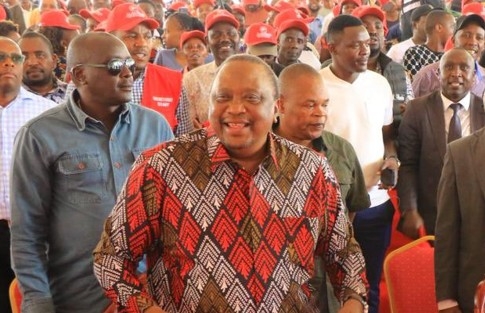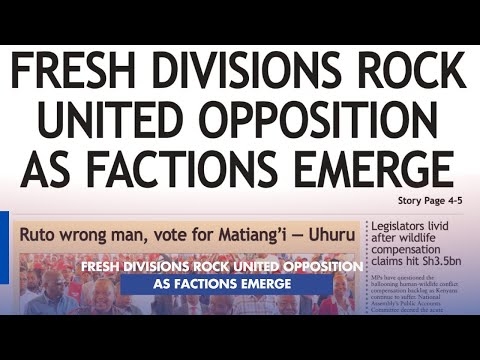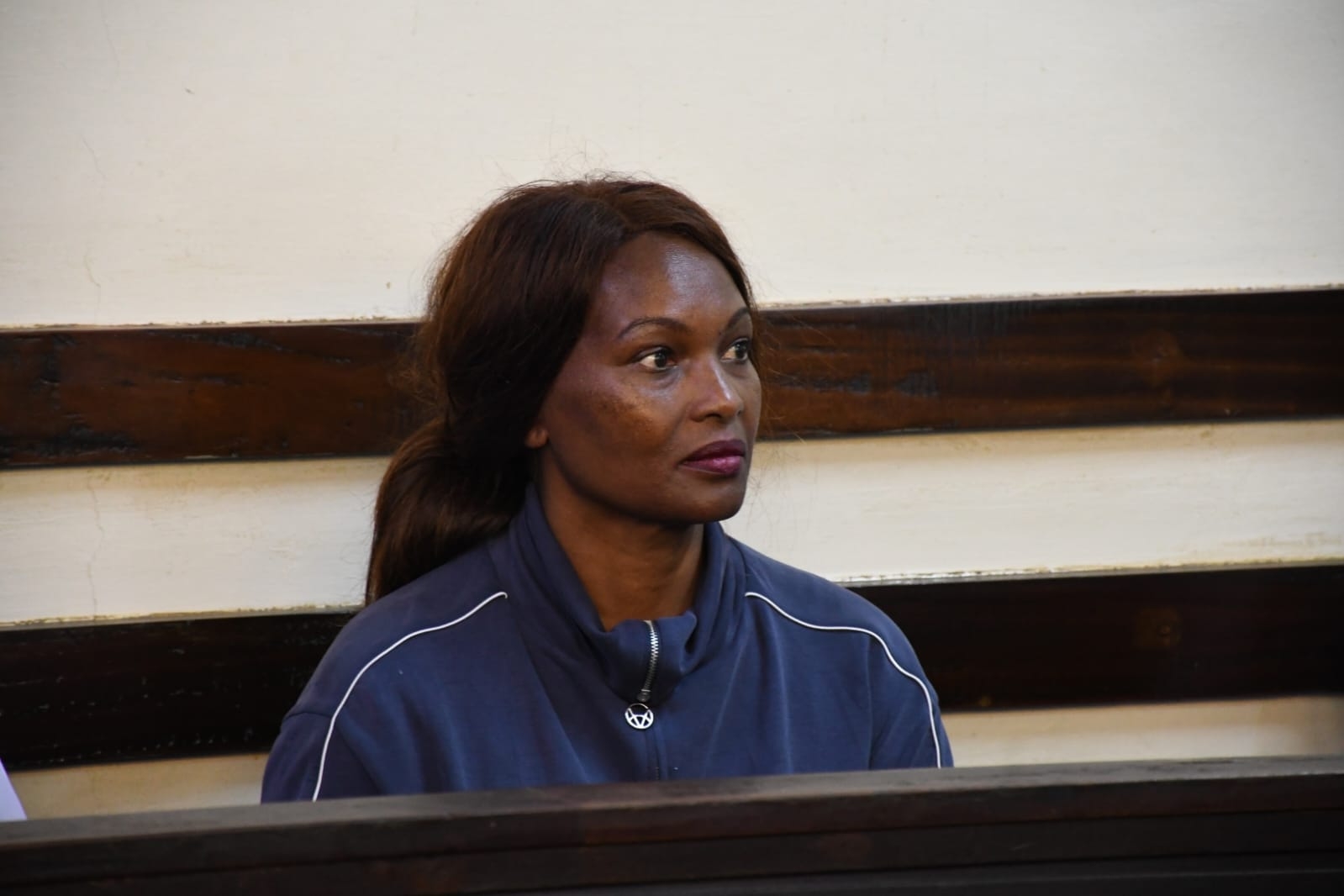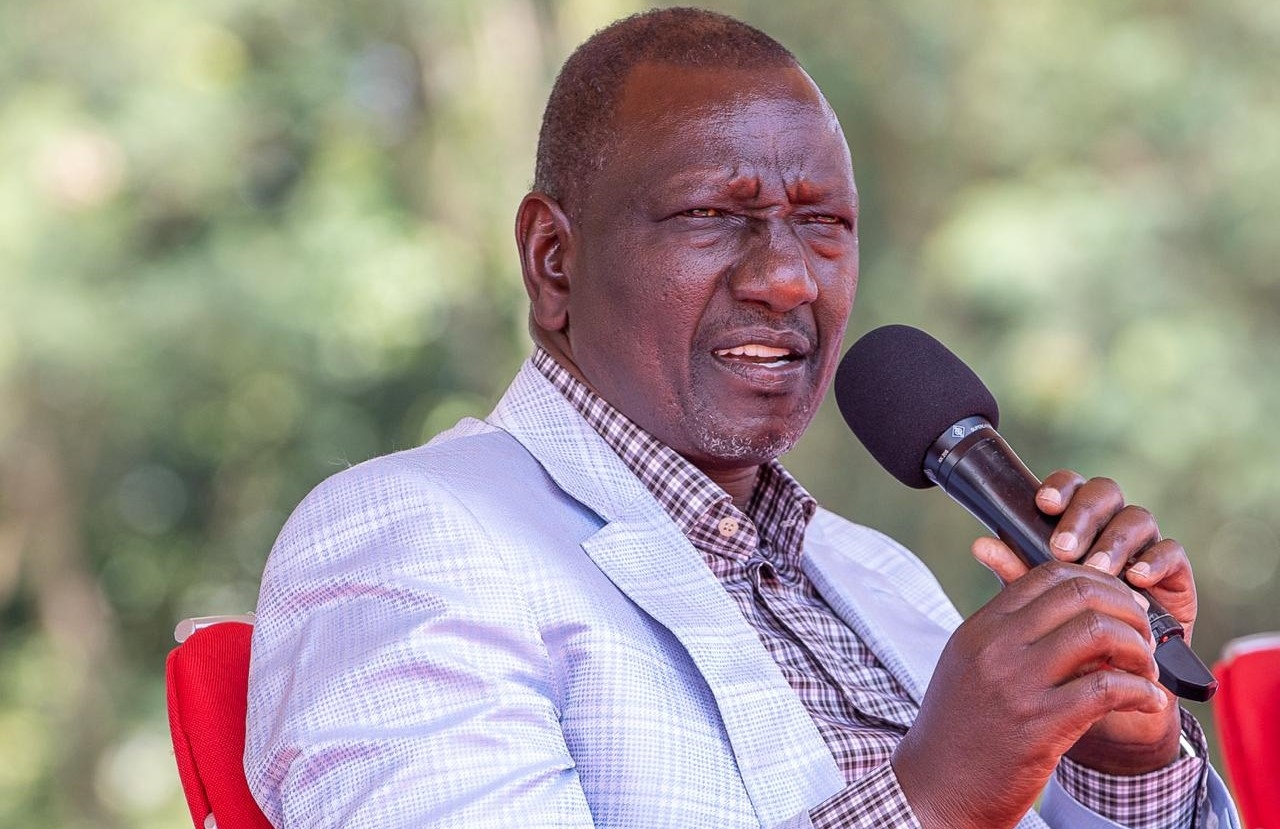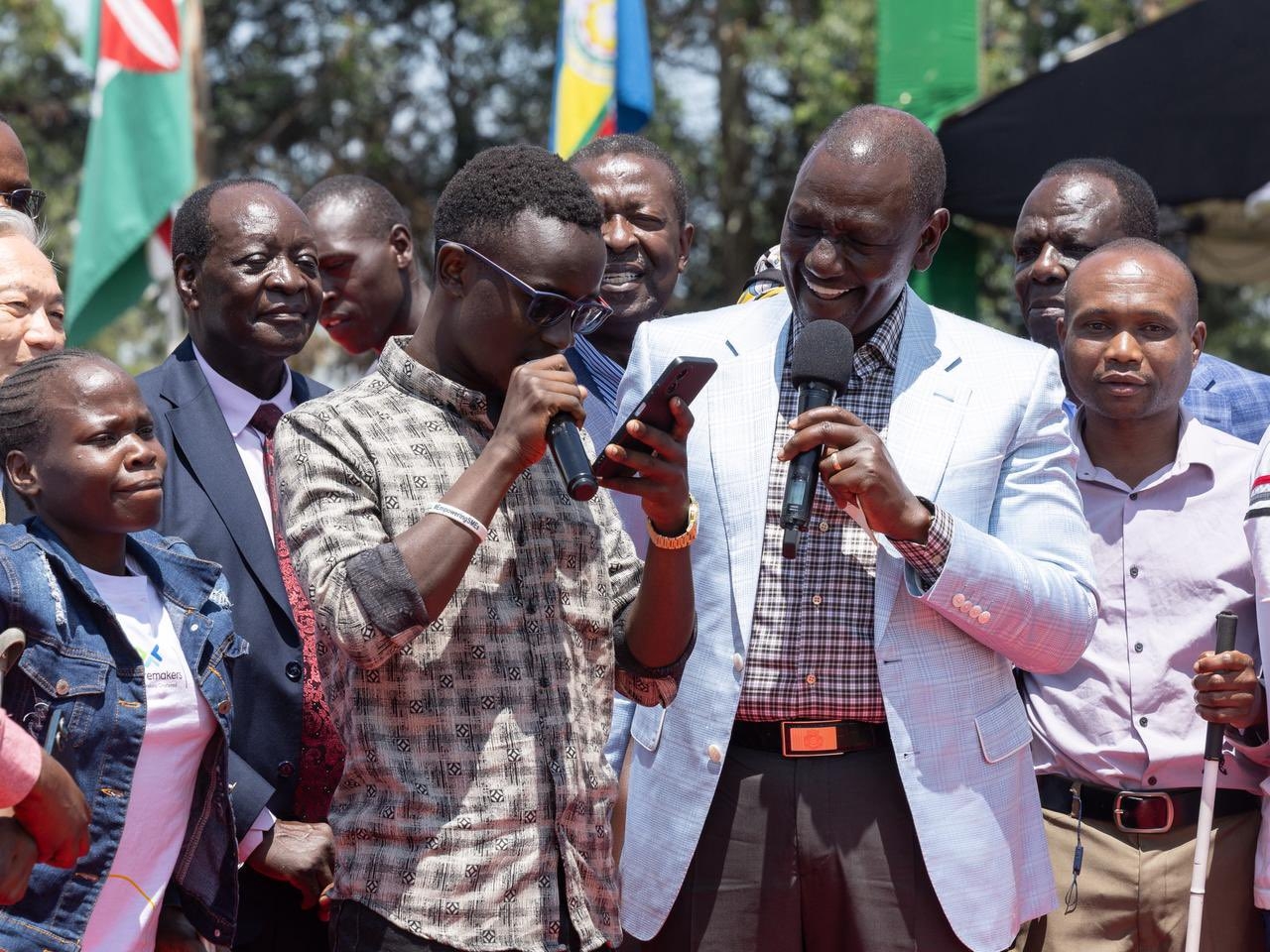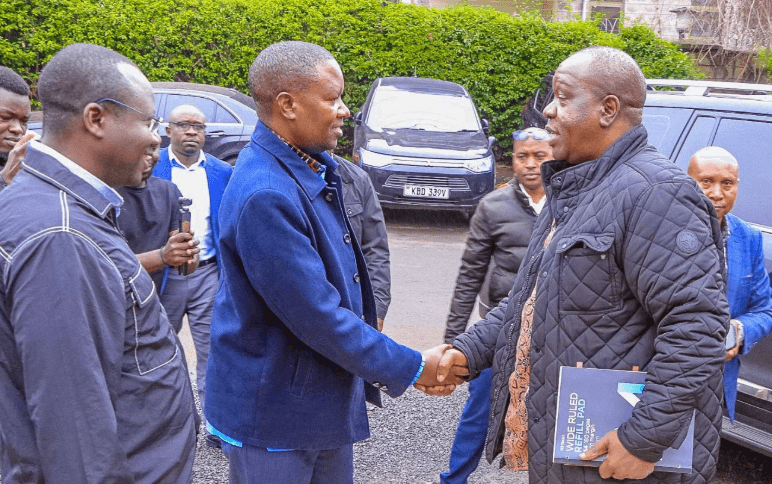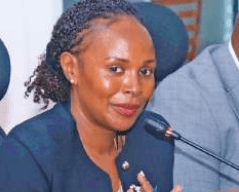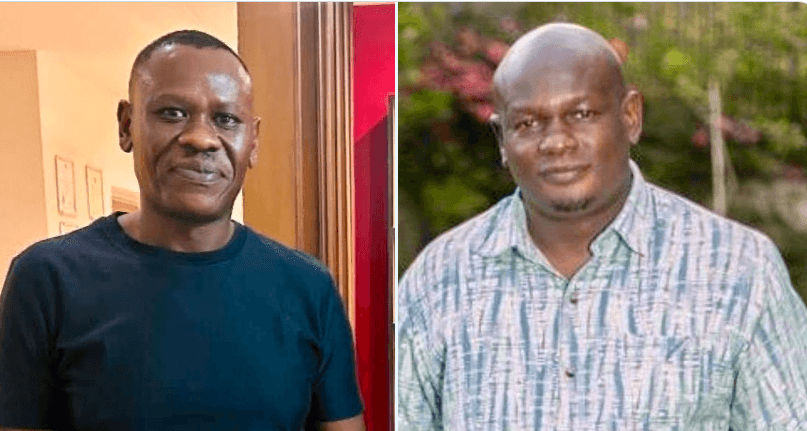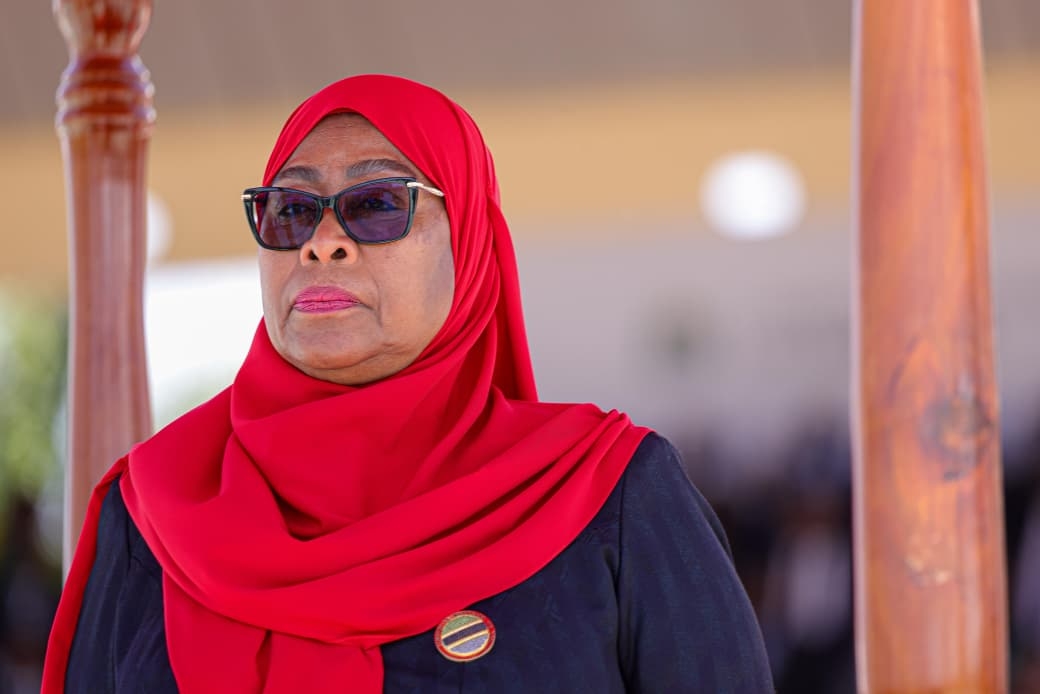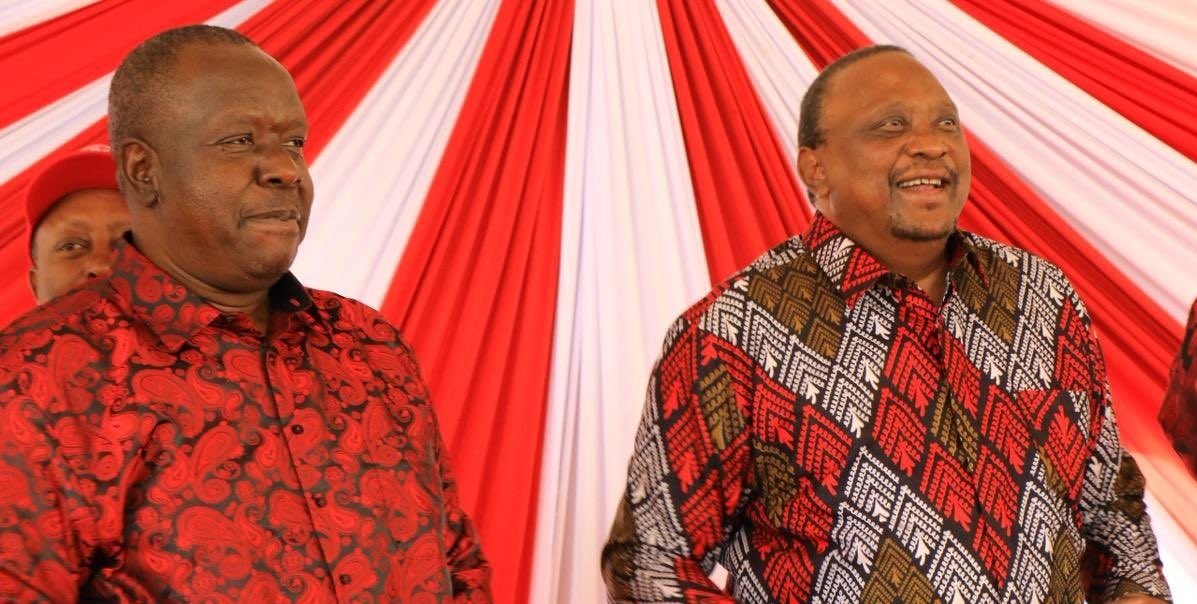
A new ActionAid report has raised concern that the world is rapidly pushing for climate solutions without putting people at the centre of the process.
This is risking job losses, inequality and deeper poverty, especially in vulnerable communities.
The report by ActionAid International warned that efforts to shift from fossil fuels and industrial agriculture to cleaner, fairer alternatives are severely underfunded, putting workers and communities at risk.
The report noted that while transitioning to renewable energy and agroecology is necessary to tackle the climate crisis, the shift must protect people’s jobs, livelihoods and rights.
The ‘Climate finance for just transition: How the finance flows’ report, released ahead of the COP30 climate summit in Brazil, analysed funding data from the Green Climate Fund and the Climate Investment Funds.
It found that less than three per cent of global climate finance currently supports approaches that prioritise workers, women and local communities during the transition to greener economies.
This means only one in every 50 climate projects is meaningfully involving and supporting affected people. Only one dollar in every 35 spent goes towards a just transition.
ActionAid pointed out that a just transition involves supporting workers and communities when polluting industries close, offering training for new green jobs, involving local people in planning and ensuring access to affordable food and energy.
Arthur Larok, ActionAid’s secretary general, said the findings show that climate action is advancing in ways that risk leaving people behind.
“Our new report shows just transition approaches are jaw-droppingly underfunded and people’s needs are at the bottom of the priority list. If just transition continues to be overlooked, then there’s a real risk that inequalities will deepen,” Larok said.
Teresa Anderson, the report’s author and ActionAid’s global lead on climate justice, added that climate action should not come at the expense of people’s livelihoods.
“No one should have to choose between a secure job and a safe planet,” she said.
“Without just transition approaches, climate action risks causing harm, creating backlash and delaying progress. COP30 needs to deliver a global plan that supports the people most affected by the shift.”
The report called on governments and climate finance institutions to increase funding for just transition programmes, ensure communities have a voice in decision-making and place fairness and social protection at the centre of climate solutions.


